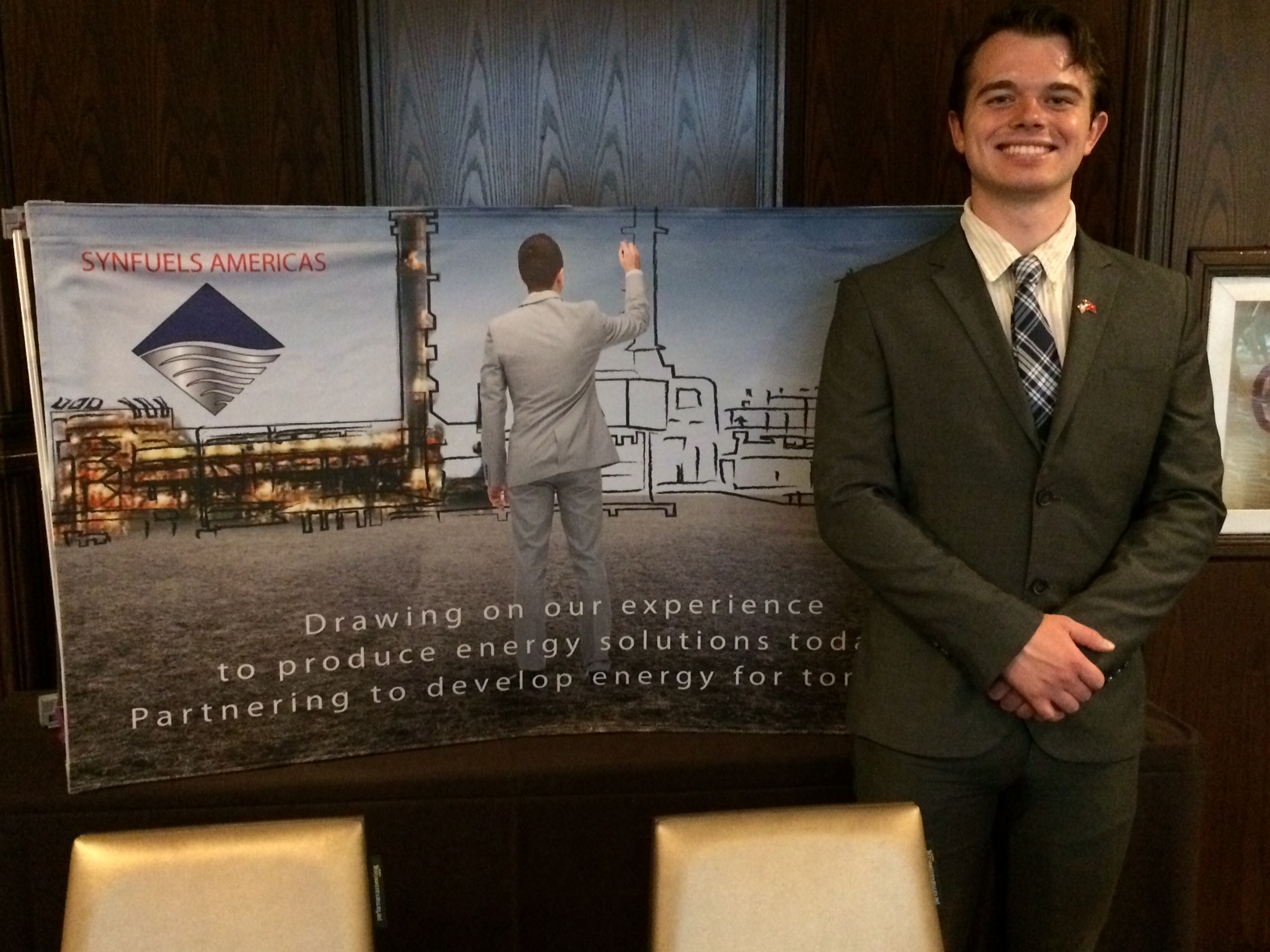
Synfuels Americas attended and exhibited at the Carbon Capture, Utilization and Storage (CCUS) Conference from June 14-16, 2016 in Tysons, Virginia. The event was organized by the Exchange Monitor, a division of Access Intelligence, LLC. The conference focused on bringing together carbon capture and greenhouse gas (GHG) reduction technologies decision-makers, scientists, and government officials to network, get high-level strategic updates from experts, hear case studies on emerging technologies and research in the industry, and connect with one another on new ideas, research, and business opportunities in 2016 and beyond. The conference had four concurrent session tracks: 1) CO2 Capture, 2) CO2 Uses, 3) CO2 Storage & Transportation, and 4) CO2 Policy. Keynote presentations were given:
The two plenaries focused on “Challenges and Solutions for CCUS Deployment” and a “Global Project & Financing Update”.
Decreasing carbon intensity and keeping energy affordable are two key policy goals. The policy focus should be on development of a carbon value chain by creating chemicals and using emissions like CO2 as inputs. Synfuels Americas identified several opportunities to support the advancement of CCUS technologies, particularly for indirect liquefaction. Our current proprietary Fischer-Tropsch synthesis and product refining process includes carbon capture. CO2 removal is required to improve the kinetics and economics of the Fischer-Tropsch synthesis and refining process. Indirect liquefaction and refining processes should be integral to the CCUS dialectic given their potentially higher overall energy conversion efficiency (using the heat and chemical energy values of coal) compared to combustion-based power plants (only using heat value of coal). If poly-generation CTL plants with CCUS can displace conventional coal-fired power plants, there is a significant possibility of reducing overall CO2 emissions.